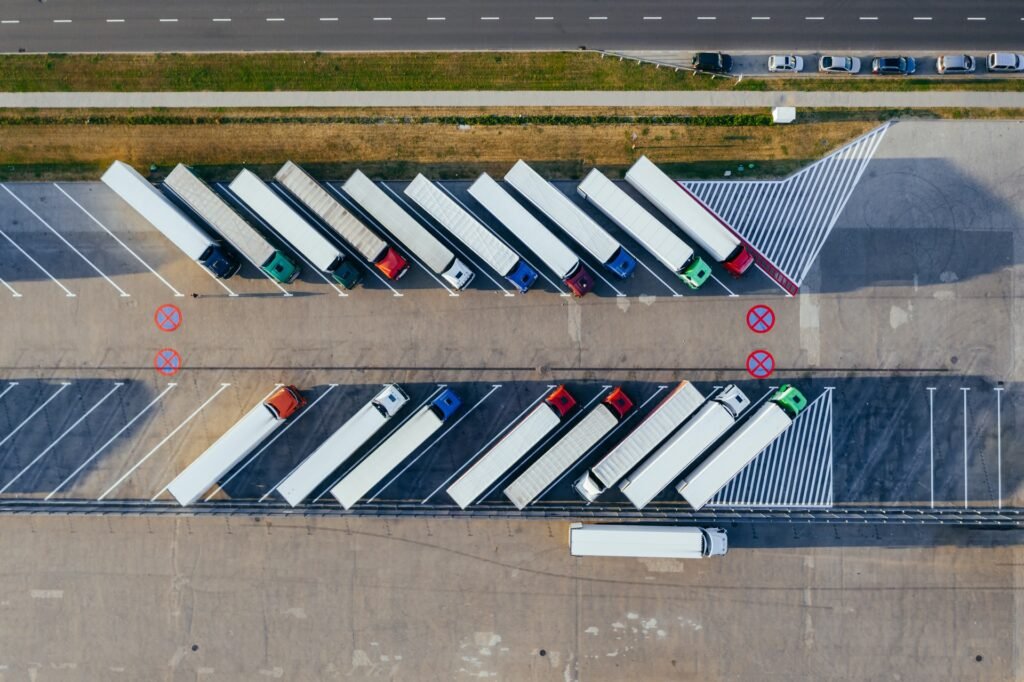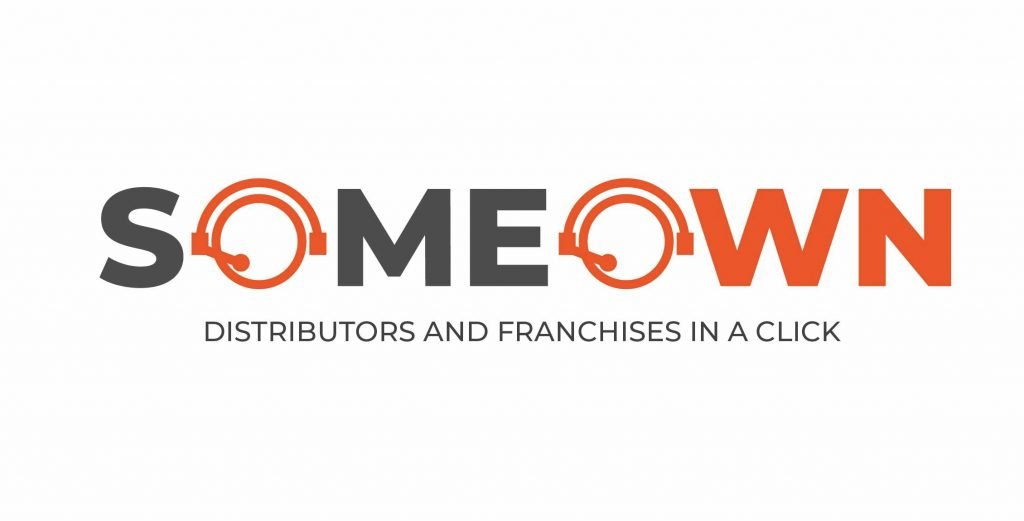Many business owners have faced the dilemma of deciding whether they should buy their products from distributors or manufacturers. Usually, they opt for distributors as it is a lot easier and more convenient.
Every business owner needs to know that distributors have different types of advantages, depending on the size of the company and its needs. For business owners who are new to this industry, it may be difficult to decide without knowing what these advantages are.
This article will discuss everything you need to know about distributors. We will break down what each type of distributor does so you can decide which distributor would suit your needs best and which will give you the perks that you are looking for in this industry.
What is a distributor?
Distributors are a key link in the supply chain and can be a very important asset. They are the ones who find products and can get them to your customers on time. Distributors are wholesale agents who connect manufacturers and retailers. Distributors purchase large quantities of goods from the producer and supply these to individual retailers who need them to sell their products.
A retail buyer is a retailer who buys from manufacturers and distributes their products to individual retail outlets such as supermarkets and convenience stores. What does a distributor buy from the manufacturer? A distributor’s main business is buying large quantities of goods from manufacturers at a discount. For example, a brewer of beer who needs 100 cases of beer to be sold in 10 weeks needs to sell to a distributor to sell this to retailers. A distributor then pays the brewer the manufacturer’s sales price to purchase the beer.
Distributors and Retailers
Distribution is often considered to be the most difficult and least rewarding part of a company. Distributors know that it takes a lot of time and effort to find a distributor that will take the product.
If you’re new at this, it’s important to understand the process of how distribution works. There are two ways that products are distributed: through wholesalers or retailers, also known as channels.
- Wholesalers distribute products from large companies to retailers by supplying them with goods for resale.
- Retailers are storefronts or online stores where consumers can purchase goods for their use, rather than wholesale.
The Difference Between a Wholesaler and a Distributor
When you work with a distributor, you’re not selling anything, just bringing the manufacturer’s product to the retailers. You’re not cutting out the middleman. You’re getting a significant discount on the products, but it’s up to you how much to discount. What Can Distributors Do For You? Distributors are extremely important for retailers. Retailers are making the majority of their profit by directly selling to the consumer. When you work with a distributor, you are saving them time and money. By having more inventory in stock and buying from a larger amount of vendors, a distributor can focus their efforts on selling to the retailers who will sell the product. This helps them stay more competitive in the market.
Many distributors will have great relationships with their suppliers, which allows them to order goods in bulk at discounts that retailers cannot offer. Distributors are also often better versed with international trade practices than retailers so they can make sure that you are meeting all the rules and regulations for getting your products across borders.
Why do businesses need distributors?
Simple answer: Why would you own your store? Retailers, wholesalers, and manufacturers all need distributors to fulfil their bottom line. But distributors are different from merchants or suppliers in many ways. Distributors supply large quantities, from 5,000 cases to 10,000 cases or more. So they generally operate more efficiently. Distributors produce a good portion of their goods so they can control quality and cost. They often have the opportunity to customize goods to meet unique needs. Distributors operate in larger sales territories, taking orders from a multitude of retailers. Traditionally, distributors have been responsible for getting paid for the goods they supply. But this has changed with the advent of online sales.
How Do You Find the Right Distributors for Your Business?
With the rise in online stores, it has become more difficult for sellers to find a balance between volume and profit. The increasing competition means that marketing is tougher than ever before. And this is where distributors come into the picture.
Distributors are a valuable intermediary between manufacturers and retailers. They connect the two, providing manufacturers with the opportunity to reach more retailers, while also providing retailers with a wider range of products to choose from.
There are many reasons why you should consider distributors. Firstly, they can provide you with a much higher volume of sales than you would get on your own. Which will translate into higher profits for you, due to lower production costs and selling prices.
A good distributor should be able to provide these services:
- They should be always on top of what is happening in their industry so that they know when new products or trends emerge. Making it easier for them to find items for you.
- A good distributor should also have a large number of suppliers.
While you don’t need to turn to a huge wholesale distributor for most of your products, there are some benefits of working with distributors for your business.
The Top 10 Distributors Every Business Owner Should Know
Distributors purchase large quantities of goods from the producer and supply these to individual retailers. When it comes to growing your small business, it’s easy to overlook the importance of having direct or indirect contact with potential customers. But as long as you have buyers in place, getting new products into stores and increasing your income is not out of reach. Let’s take a look at some of the top wholesale distributors around the world. And the ones you should know about:
FoodPak Ltd.
With its motto: “Packaging Matters”, FoodPak has been on top of the distribution business industry. FoodPak was established in Vancouver in 1968 as a small business. Since day one, it has progressed and today, it is the best you’ll find.
West Coast Floral
It is a Canadian based distribution and warehousing company established in 1989. With positive reviews from customers and its good quality service, West Coast Floral has made a good name for itself.
QUIET 3PF
Quiet 3PF is a third-party logistics company and the first to use a robotics system. This helped them increase inventory and reduce labour costs.
Industrie Reply
It is a Reply based company that focuses on delivering innovation. It specializes in Manufacturing, Customer experience and Supply Chain Execution and is the best of its types.
Driver Logistics
It is a vehicle logistics company specialized in Transport, Air and Sea Freight. It is an Indian based company that operates worldwide. Quality and customer satisfaction has helped the company earn a good reputation.
Clarkston Consulting
Providing services in consumer products and life sciences, Clarkston Consulting is a business consulting firm. It was founded in 1991 and is currently headquartered in North Carolina, US.
Lightweight Manufacturing
Another US-based manufacturer, Lightweight Manufacturing specializes in reskinning, tensile structure and fabric panels construction. Good quality and services have led them to where they stand today.
UKAY Delivery
As the name says, UKAY Delivery is a delivery and trucking service. It operates throughout the United States with quite less number of employees. The great quality and customer service are appreciated by everyone and that’s what ranks them on this list.
Bezos.ai
Jeff Bezos’s own Bezos.ai is a delivery and fulfilment service for small and medium level online sellers on Amazon, eBay, Shopify etc. It provides great help to online businesses in terms of inventory and order fulfilment.
Zendbox
Another e-commerce fulfilment, Zendbox is an England based logistics service used and loved by many brands. Zendbox has introduced modern technology and is making lifelong customers with the use of AI.
These 10 Distributors Can Help You Grow Your Business.
Keeping an Adequate Distributor Relationship
The distributor relationship should be grounded in trust. The supplier should make sure they are looking out for the best interests of their distributors, and the distributors should likewise make sure that they are promoting the supplier’s products to the best of their abilities.
The success of any retail business is based on how well it can manage its relationship with its distributors. After all, without distributors, suppliers would not be able to reach any customers and sell their products. This is why it is so important for suppliers to understand what motivates different types of distributors and how to work well with them.
If done correctly, this management will lead to a mutually beneficial relationship where both parties will succeed in creating an excellent product together.
The Hardships of Working with a Distributor
Although many companies work with distributors, it’s always wise to do your research before choosing a distributor to work with. No matter what, working with a distributor can be tricky. Here are some common problems distributors and retailers encounter in the industry:
- If you sell a small or niche product, you will likely be able to find the right distributor through an existing relationship with a manufacturer. However, that does mean you’ll have to be careful. If your product is larger or significantly different from the competition, it might be worth looking to a larger distributor. Other disadvantages of working with a distributor include the lower margin they can offer compared to that of individual retail stores. This might mean that if you want to sell your products online, it makes more sense to do so through an online retailer.
- You can’t get a product or money fast enough If you need to move a product quickly, find out why they aren’t moving the product fast enough. Some distributors may be behind and they could be using your orders as a paper-pushing exercise. “Frequently, distributors don’t have any inventory and can’t process orders fast enough to meet customers’ needs. If you are hoping to sell as fast as possible to get the market share, find out if you can speak to the CEO or owner and find out the reason for the lag in order processing.”
Conclusion
There are many different types of distribution companies and the article does not cover all of them. The question you should ask yourself when assessing the type of distribution company you wish to deal with is this:
how much control do I want to have over the products I sell?
Do I want a distributor that’s extremely good at getting products out the door?
A company that produces a great product or is a reputable manufacturer and a provider of high-quality workmanship?
Are the buyer and the retailer the same?
I would recommend going with a company that has a small department of 4-6 people. This type of distributor will have more direct interaction with the manufacturer.





